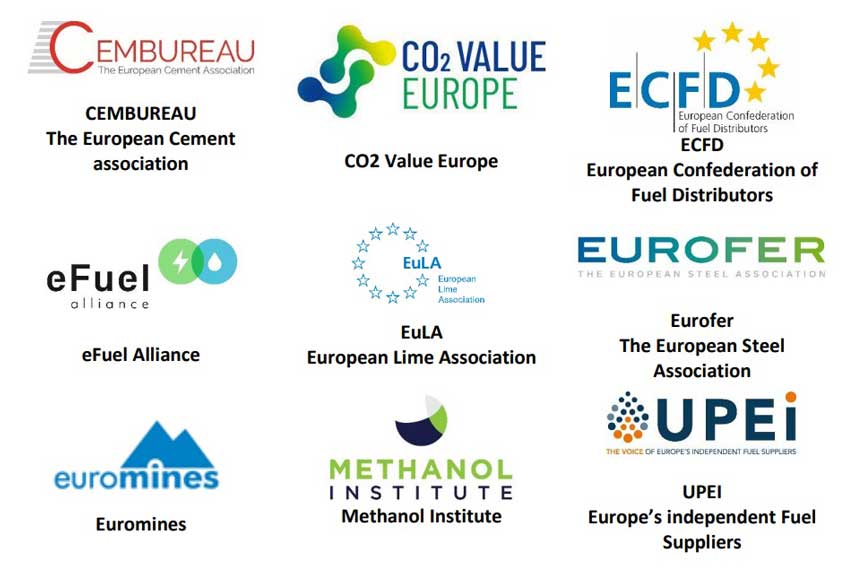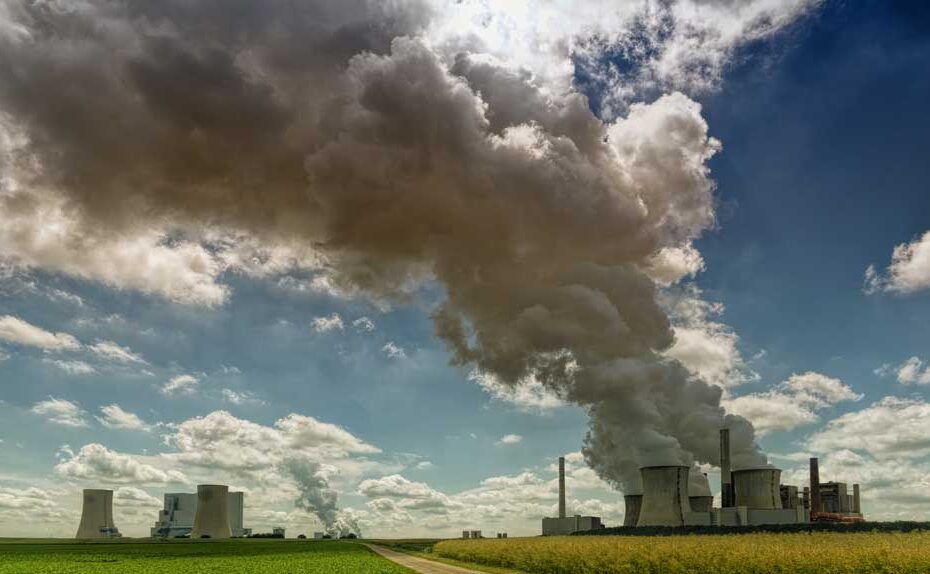Nuestra Asociación europea UPEI y otras Asociaciones europeas expresan su preocupación respecto al Proyecto de Reglamento de la Comisión Europea que establece la metodología de cálculo de los ahorros de emisiones de GEI de los combustibles renovables de origen no biológico (RFNBO) y los combustibles de carbono reciclado (RCF); concretamente porque sugiere que las emisiones de CO2 de procedencia industrial ya no se considerarán evitadas a partir de 2041.
Draft Delegated Act on Greenhouse Gas Savings from RFNBOs & Recycled Carbon Fuels
Joint Statement
The undersigned represent a wide range of industrial sectors for which Carbon Capture and Utilisation (CCU) is a core technology to help reach their climate neutrality targets. All of these industries have CCU fuel projects in the pipeline across the EU, showing strong European industrial leadership. A clear and predictable framework is critical to support these investments, create a long-term supply for sustainable fuels and decarbonise the EU transport sector.
In this respect, we are deeply concerned by the Commission’s Draft Regulation setting out a methodology for GHG emission savings from renewable fuels of non-biological origin (RFNBOs) and recycled carbon fuels (RCFs). The Draft Delegated Act suggests that CO2 emissions from industrial sources will no longer be considered as avoided for RFNBOs production as of 2041 (2036 in the case of CO2 arising from the combustion of fuels for electricity generation).
We believe that such proposal is unjustified and counter-productive:
- This provision directly jeopardises the commercial viability of projects utilising industrial CO2 that are being launched by our industries, and which usually have a payback period of more than 25 years. In the absence of such projects, the immediate climate benefit brought by RFNBOs is disregarded. Such fuels indeed make a decisive contribution to climate mitigation, by considerably reducing the amount of CO2 emissions and reducing reliance on fossil fuels.
- This proposal is not based on an impact assessment of EU needs for CO2 and the availability of CO2 sources in the coming decades. The supply and use of atmospheric and biogenic CO2 in sufficient quantities should be accelerated and supported by policy. Unless this is achieved, the sunset clause for unavoidable industrial emissions should be supported by a grandfathering clause for industrial facilities coming in operation before 2041. The Commission’s own Technical Assistance document on the draft Delegated Act actually considers that not using concentrated unavoidable CO2 is a barrier for the development of RFNBOs.
- Such phase-out date ignores the reality of EU industrial installations which are faced with unavoidable CO2 emissions. Many of these will have no access to permanent CO2 storage sites and will therefore require CCU to enable the reuse of captured carbon as part of their decarbonisation pathway past the 2041 date.
In conclusion, our sectors believe that this provision in the draft Delegated Act is damaging both for existing and future CCU fuel projects, and for Europe’s industrial leadership. In stark contradiction with the ambition of the Fit for 55 package, it risks significantly limiting the supply of RFNBOs which are critical to decarbonise the transport sector. We urge the EU institutions to reconsider and present a solution as soon as possible for the status of industrial CO2 as feedstock for sustainable fuels and create a stable market for the supply of such fuels across the EU.
List of Signatories

